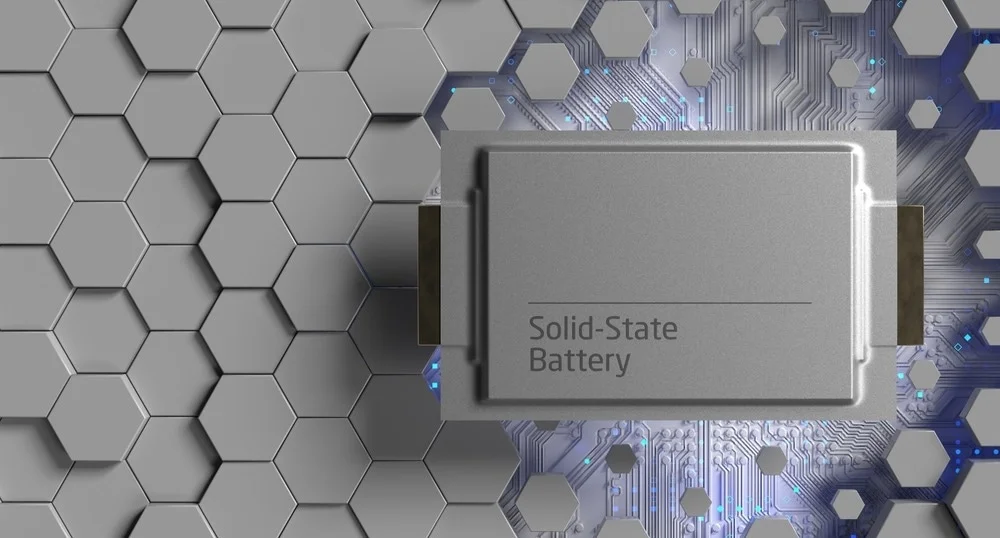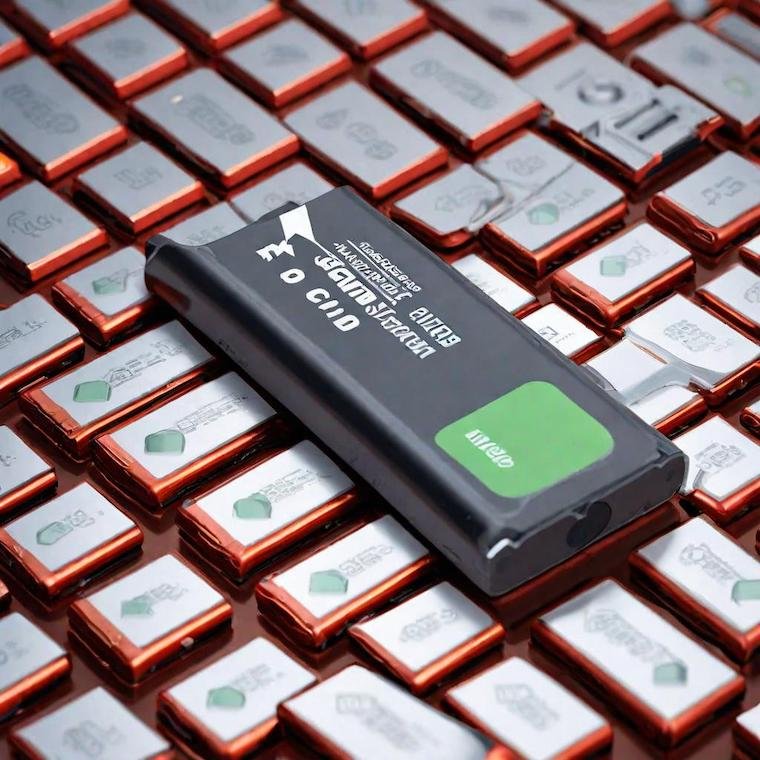In recent years, battery technology has experienced remarkable advancements, paving the way for a future where energy storage is more efficient, sustainable, and versatile than ever before. This article explores some of the emerging trends and breakthroughs in battery technology, focusing on solid-state batteries, graphene-based batteries, and their potential impact across various industries.
Solid State Batteries

Solid-state batteries are among the most promising advancements in battery technology. Unlike traditional lithium-ion batteries, which use liquid electrolytes, solid-state batteries utilize solid electrolytes. This fundamental difference offers several key advantages, including higher energy density, improved safety, and faster charging times. Solid-state batteries have the potential to revolutionize electric vehicles (EVs), consumer electronics, and renewable energy storage systems.
One of the key benefits of solid-state batteries is their higher energy density. This means that they can store more energy in the same volume compared to traditional lithium-ion batteries. As a result, solid-state batteries have the potential to significantly extend the range of electric vehicles, making them more practical for long-distance travel. Additionally, the higher energy density of solid-state batteries can lead to smaller and lighter batteries for consumer electronics, such as smartphones and laptops, without compromising on performance.
Another major advantage of solid-state batteries is their improved safety profile. The use of solid electrolytes eliminates the risk of leakage or combustion associated with liquid electrolytes in traditional lithium-ion batteries. This enhanced safety makes solid-state batteries ideal for applications where safety is paramount, such as in medical devices and aerospace applications.
Solid-state batteries also offer faster charging times compared to traditional lithium-ion batteries. The solid electrolytes used in solid-state batteries enable faster ion transport, allowing for rapid charging without compromising battery life. This feature is particularly attractive for electric vehicles, where long charging times are a significant barrier to adoption.
Graphene-Based Batteries

Graphene-based batteries represent another exciting trend in battery technology. Graphene, a single layer of carbon atoms arranged in a two-dimensional honeycomb lattice, has unique properties that make it an ideal material for battery electrodes. Graphene-based batteries offer high conductivity, high surface area, and excellent mechanical strength, making them highly efficient and durable.
One of the key advantages of graphene-based batteries is their high conductivity. Graphene’s unique structure allows for the rapid movement of electrons, enabling fast charging and discharging rates. This high conductivity also leads to lower internal resistance, resulting in higher energy efficiency and longer cycle life.
Graphene-based batteries also offer high surface area, which allows for greater electrode-electrolyte interaction. This increased interaction enhances the battery’s performance, leading to higher energy density and faster charging times. Also, graphene’s mechanical strength makes the battery more durable, ensuring long-term reliability.
Futuristic Approach
The potential impact of these advancements in battery technology extends across various industries. In the automotive sector, solid-state batteries and graphene-based batteries have the potential to accelerate the adoption of electric vehicles by offering higher performance, longer range, and faster charging times. This could help reduce dependence on fossil fuels and mitigate the environmental impact of transportation.
In the consumer electronics industry, these advancements could lead to smaller, lighter, and more powerful devices with longer battery life. This would not only improve the user experience but also reduce electronic waste by extending the lifespan of devices.
In the renewable energy sector, solid-state batteries and graphene-based batteries could play a crucial role in storing energy from sources such as solar and wind power. These batteries could help overcome the intermittent nature of renewable energy sources, making them more reliable and practical for widespread adoption.
Final Words
Overall, the future of battery technology looks promising, with solid-state batteries and graphene-based batteries leading the way in driving innovation and shaping industries. As these technologies continue to evolve, we can expect to see significant advancements in energy storage that will revolutionize the way we power our world.
Frequently Asked Questions
Solid-state batteries use solid electrolytes instead of liquid electrolytes, offering advantages like higher energy density, improved safety, and faster charging times compared to traditional lithium-ion batteries, which use liquid electrolytes.
Graphene-based batteries use graphene, which has high conductivity and surface area, to improve battery efficiency, charging rates, and cycle life.
Graphene-based batteries offer high conductivity, enabling fast charging and discharging, as well as high surface area for greater electrode-electrolyte interaction, leading to higher energy density and faster charging times.
Graphene-based batteries could lead to smaller, lighter, and more powerful devices with longer battery life, improving the user experience and reducing electronic waste.
Solid-state and graphene-based batteries could help store energy from renewable sources, making them more reliable and practical for widespread adoption by overcoming the intermittent nature of these sources.
Advancements in battery technology could accelerate the adoption of electric vehicles by offering higher performance, longer range, and faster charging times, reducing dependence on fossil fuels and mitigating environmental impact.
Future developments in battery technology could include advancements in materials science, such as sodium-ion batteries or lithium-sulfur batteries, to further improve energy density, cost-effectiveness, and environmental sustainability.









